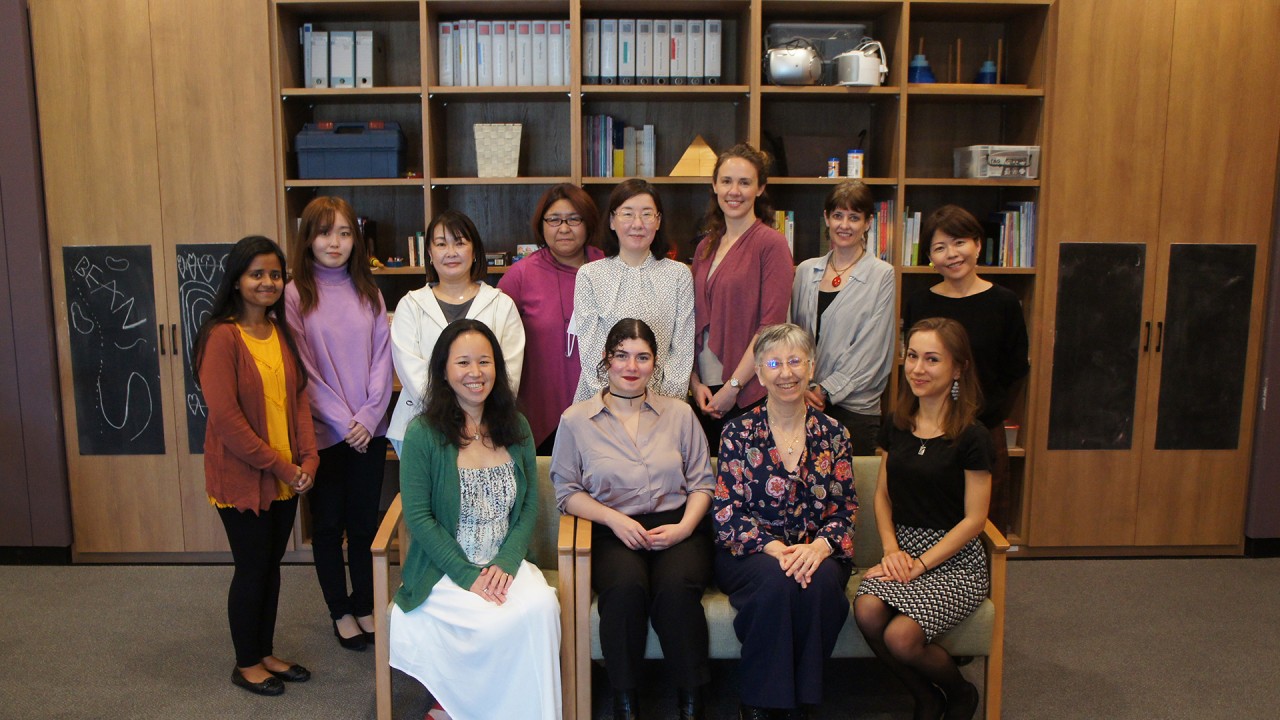The research of the Human Developmental Neurobiology Unit focuses on understanding the nature and causes of attention deficit hyperactivity disorder (ADHD) and its associated difficulties, using this information to improve support for those living with the disorder. ADHD is a prevalent neurodevelopmental disorder characterized by elevated levels of inattention, hyperactivity and impulsivity that negatively impact the child’s daily functioning.
The precise etiology of ADHD remains uncertain and there are likely multiple pathways leading to the disorder. Evidence is accumulating that altered processing of motivationally significant events (e.g. rewards, reward-predicting stimuli, and punishment), contribute to the development of ADHD symptoms. In our unit we conduct experimental studies investigating the effects of the timing and scheduling of reinforcement (reward and punishment) and the effects of reward predicting cues on the behavioral and emotional responses of children with and without ADHD.
Children with ADHD are at increased risk for social interaction difficulties, academic underachievement, and impairments in their language. We investigate the language skills/use of children with and without ADHD across contexts e.g., conversations and storytelling and their understanding of social interactions. We also investigate the role of cognitive functions, including processing speed and working memory on the children’s academic performance.
We work together with parents, teachers and community members to develop and evaluate face-to-face and online/mobile psychosocial interventions (information and parent and teacher training) for individuals with ADHD, incorporating findings from our experimental studies, as appropriate.
To support these research projects, we established the Children’s Research Center, part of the Okinawa Institute of Science and Technology Graduate University.
